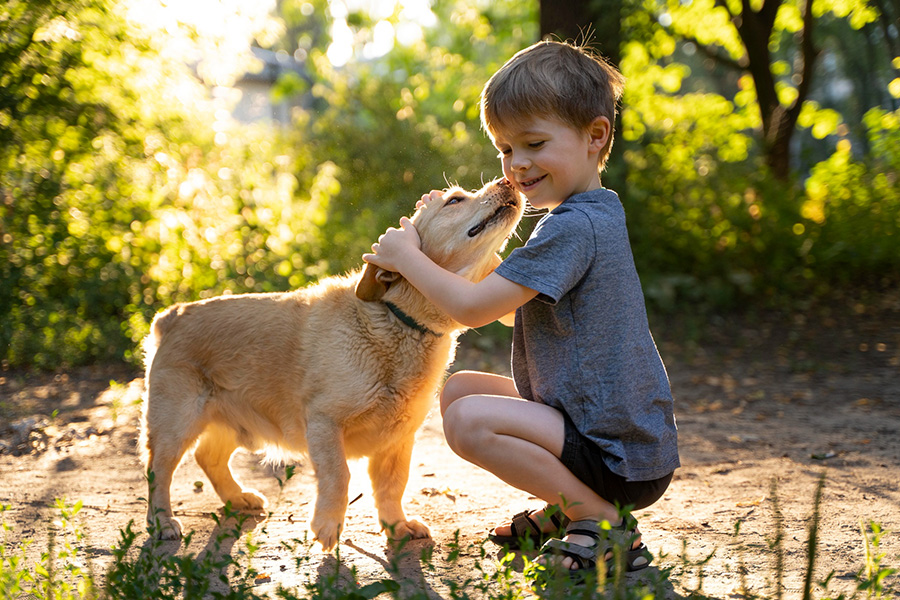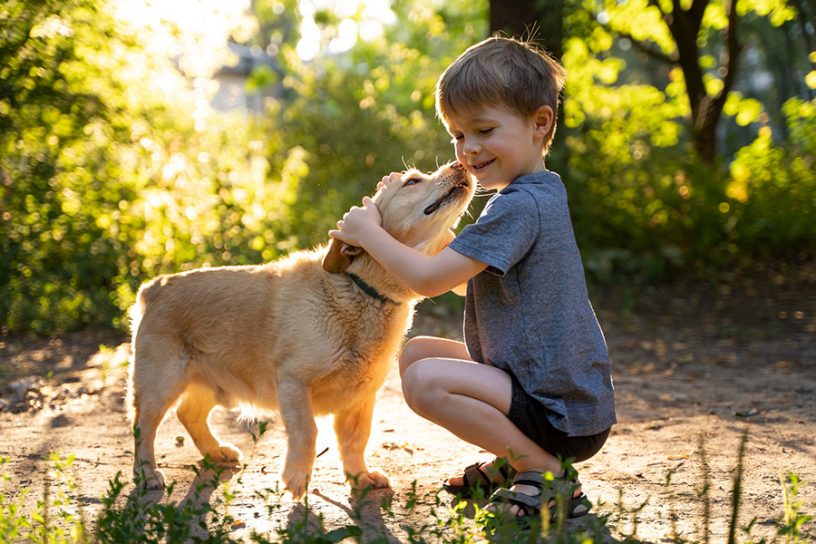
This research highlights the potential advantages of keeping a companion dog for youngsters with mental problems in terms of improving their lives.
Authors
Sandeep Aggarwal, Department of Pediatrics, Government Medical College, Amritsar, Punjab, India.
Roopashi Aggarwal, Jindal Global Law School, O.P. Jindal Global University, Sonipat, Haryana, India.
Manmeet Kaur Sodhi, Department of Pediatrics, Government Medical College, Amritsar, Punjab, India.
Shallu Aggarwal, Department of Ophthalmology, District Hospital, Amritsar, Punjab, India.
Summary
Mental retardation is a social stigma and children affected by this condition always require love and compassion. Pets have a positive role in human life to relieve stress and anxiety. Pets are therefore considered to be a very important aspect of psychological therapy. Those children who are suffering from mental retardation have to be given regular stress and anxiety-relieving sessions. Hence this study aims to analyze the psychosocial effects of pet dog ownership on mentally challenged children.
Methodology
A total of 112 children were included in the study and were counseled at the Department of Pediatrics, District Hospital, Amritsar. Twenty patients were lost to follow up and pet ownership materialized in 52 patients. The study was divided into 2 groups, the compliant group (n=52) and the non-compliant group (n=40). Hamilton anxiety scale (HAM-A) was applied to all the children before pet dog ownership (PRE) and after 3-6 months with a pet dog (POST). The pre and post-scores of all the children were recorded and subjected to statistical analysis.
Results
The HAM-A score before pet ownership was comparable, before pet ownership (p=.825), but after 3-6 months of pet ownership significant difference was observed between compliant and non-compliant groups (p<.001). Also, the HAM-A score in children with mild mental retardation (mild MR) and moderate mental retardation (moderate MR) was significantly less than the non-compliant group after 3-6 months. We also observed that the decrease in the anxiety levels was comparable in children who owned local breeds and foreign breeds.
Conclusion
This short-term follow-up research highlights the potential advantages of keeping a companion dog for youngsters with mental problems in terms of improving their lives. Many of these long-term gains might be attributed to lessening tensions within families.
Published in: Cureus Journal of Medical Science
To read the full article, please click here.


